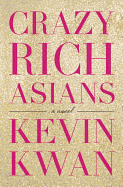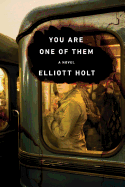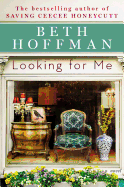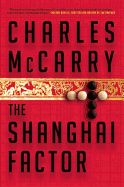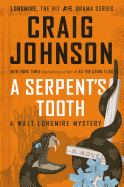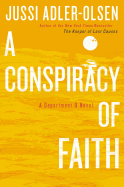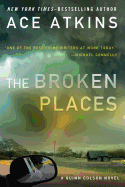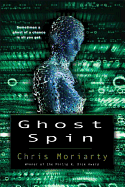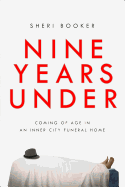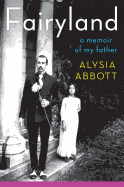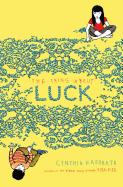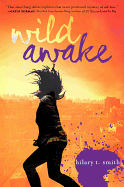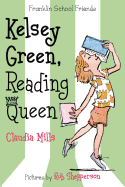 |
| photo: Melissa Michaud |
Eli Brown lives on an experimental urban farm in Alameda, Calif. His writing has appeared in the Cortland Review and Homewrecker: An Adultery Reader. His first novel, The Great Days, won the Fabri Literary Prize.
Food and pirates: How did you decide the two belonged together?
I think the key to a really juicy story is bringing two disparate worlds crashing together. I was excited about taking an adventure with a pirate queen and seeing where that would lead, but I wanted to write about food at the same time and I thought, Why not? It hadn't been done before, and a begrudging chef would be a wonderful lens to see that world through. There is also the fact that I'm the kind of guy who packs a sandwich for a trip down the block. Maybe I just didn't want to get on the ship unless I knew there would be good eats aboard.
How do you write these magical descriptive passages about food that make the reader drool?
You could say I'm obsessed with food. In all seriousness, I could listen to people describing their lunches for hours. Very few topics are as engaging for me. Tell me about the grain of the bread, how long the peppers were roasted, what kind of vinegar you used.
It's actually terribly difficult to describe tastes and smells with words. Our language isn't designed for it and maybe our brains aren't, either. A rose might be the color of a sunset and the texture of wet silk, and the smell of... well, it just smells like a rose. But odors and tastes are important to me, and I didn't let myself take any easy outs in those passages. Those descriptions were the hardest-won imagery in the book by far.
You've heard the phrase "food porn?" It's a crude term but it does point to the height of sensuality that food can bring us. I got a lot of pleasure immersing myself in those scenes, and I hope readers do, too.
 Tell us about developing the violent yet compelling Captain Hannah Mabbot.
Tell us about developing the violent yet compelling Captain Hannah Mabbot.
Mabbot is the red, beating heart of the story. For a character to come to life, the author has to fall in love a little, and with Hannah that was easy. I'm lucky to have had examples of strong women in my life to draw inspiration from. I also had a bit of a crush on Pippi Longstocking when I was little—that girl was in charge and didn't care what other people thought. So she's peppered in there, too.
But Mabbot has chosen (in as much as any of us choose our path) a bloody route, and discovering the source of her rage was key to understanding the real story of the novel. In a way she answers the question: How far can you push a person before she pushes back?
Owen and Hannah couldn't be more different, which makes their relationship so fascinating. Did you develop them separately or design them to play off each other?
They grew simultaneously as the story developed, but they are both really products of their pasts. Owen Wedgwood plays the foil for Mabbot, and because she's so charismatic sometimes he falls into her shadow. But it's his story, too, and we couldn't really know Mabbot without him. They test each other, they clash, and that clash creates a spark.
What's your relationship with food?
As I hinted at before, I'm heavily invested. I can use a computer without understanding how it works, and I wear clothes I couldn't hope to make myself, but when it comes to food, I want to understand every little detail. A big part of this is hedonistic on my part, I'm just into it. But it is also, to a degree, ethical. The way we eat shapes us and our planet, and we'd be better off if we better understood where our food comes from. I've been a vegetarian, a vegan and done brief spells of raw foods and low-carb lifestyles. In the end, I think I'm healthiest and happiest as an omnivore, but I'm deeply concerned about factory farming, and would much rather spend nine dollars on eggs that I knew had come from genuinely happy chickens (which are very hard to find.) That's just how much eggs cost, and if we're getting them cheaper, we're deferring that cost onto the soil and the animals and our own bodies. So my relationship with food is an endlessly changing experiment influenced by issues of health, pleasure, what I can afford and what I think the world can afford.
Tell us about life on an experimental farm.
There's a growing movement of people taking more interest in where their food comes from, and it's an exciting time to be alive if you like to garden or just like to have fresh herbs handy. My sweetheart and I live in a suburban house with small front and back yards that we've turned into vegetable and flower gardens. We have chickens, worm composting, rainwater catchment, gray water catchment, a bee hive, and use recycled materials such as sidewalk concrete to build raised beds. We also can our own tomatoes, make our own sauerkraut and kimchi, jams, yogurts and kefirs. It's experimental because we're really learning as we go, but every year we manage to coax more and more delicious food out of this little plot. We have kiwis, pineapple guavas, blueberries, apricots, lemons, raspberries, asparagus, figs... the list goes on and on. We love knowing how our food was grown, and there are few pleasures greater than stepping into your own backyard to harvest a basket full of broccoli or kale or garlic. One of the unexpected perks is that gardens like this help build community. Passersby are very eager to ask questions or swap gardening tips. The neighborhood kids love to come and visit the chickens, and nothing make neighbors happier than receiving a little basket of produce or a jar of honey.
What's your next project?
Once I find a good home for my work-in-progress cookbook (The Feasts of Tre-Mang), I'll be turning my attention to a new novel set in pioneer California, which draws its inspiration from folklore and mythology as much as from history. It's an epic story which has been bubbling in the back of my mind for years and I'm not sure how I'll ever manage to do it justice, but then, that's how all projects feel in the beginning: a ripe mixture of exciting and overwhelming. --Jaclyn Fulwood
Eli Brown: The Pirate Queen and the Chef
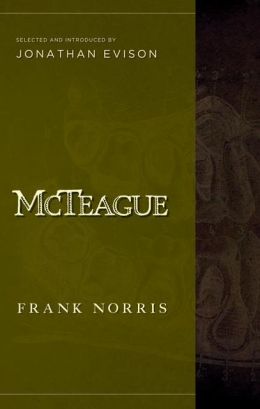



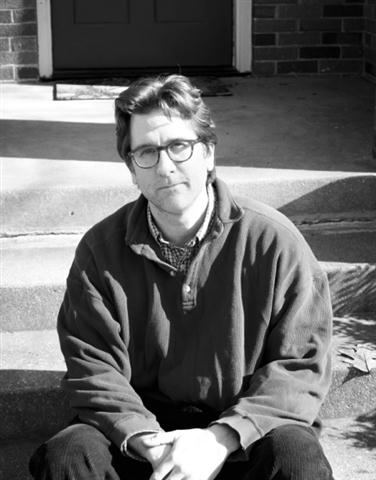 Less than a century ago, Manhattan's Fourth Avenue was a highly concentrated cluster of used bookstores--and, to maintain the high volume of business, some of their proprietors were willing to overlook a valuable book's sketchy pedigree. Some thieves came to specialize in looting libraries across America of the rarest items in their collections. Travis McDade, who holds dual advanced degrees in law and library science, brings this intersection of literature and larceny to life in Thieves of Book Row (Oxford University Press); he also tells the story of how the New York Public Library and other institutions fought back... even when they had less than complete support from the criminal justice system.
Less than a century ago, Manhattan's Fourth Avenue was a highly concentrated cluster of used bookstores--and, to maintain the high volume of business, some of their proprietors were willing to overlook a valuable book's sketchy pedigree. Some thieves came to specialize in looting libraries across America of the rarest items in their collections. Travis McDade, who holds dual advanced degrees in law and library science, brings this intersection of literature and larceny to life in Thieves of Book Row (Oxford University Press); he also tells the story of how the New York Public Library and other institutions fought back... even when they had less than complete support from the criminal justice system.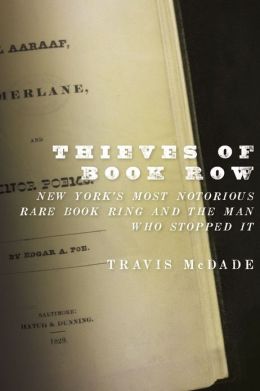 How did Thieves of Book Row emerge out of the research for your previous work, The Book Thief?
How did Thieves of Book Row emerge out of the research for your previous work, The Book Thief?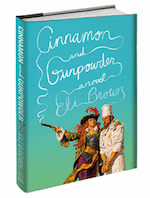


 Tell us about developing the violent yet compelling Captain Hannah Mabbot.
Tell us about developing the violent yet compelling Captain Hannah Mabbot. 